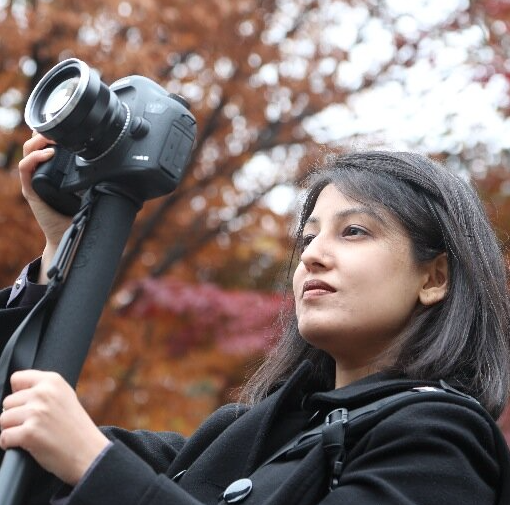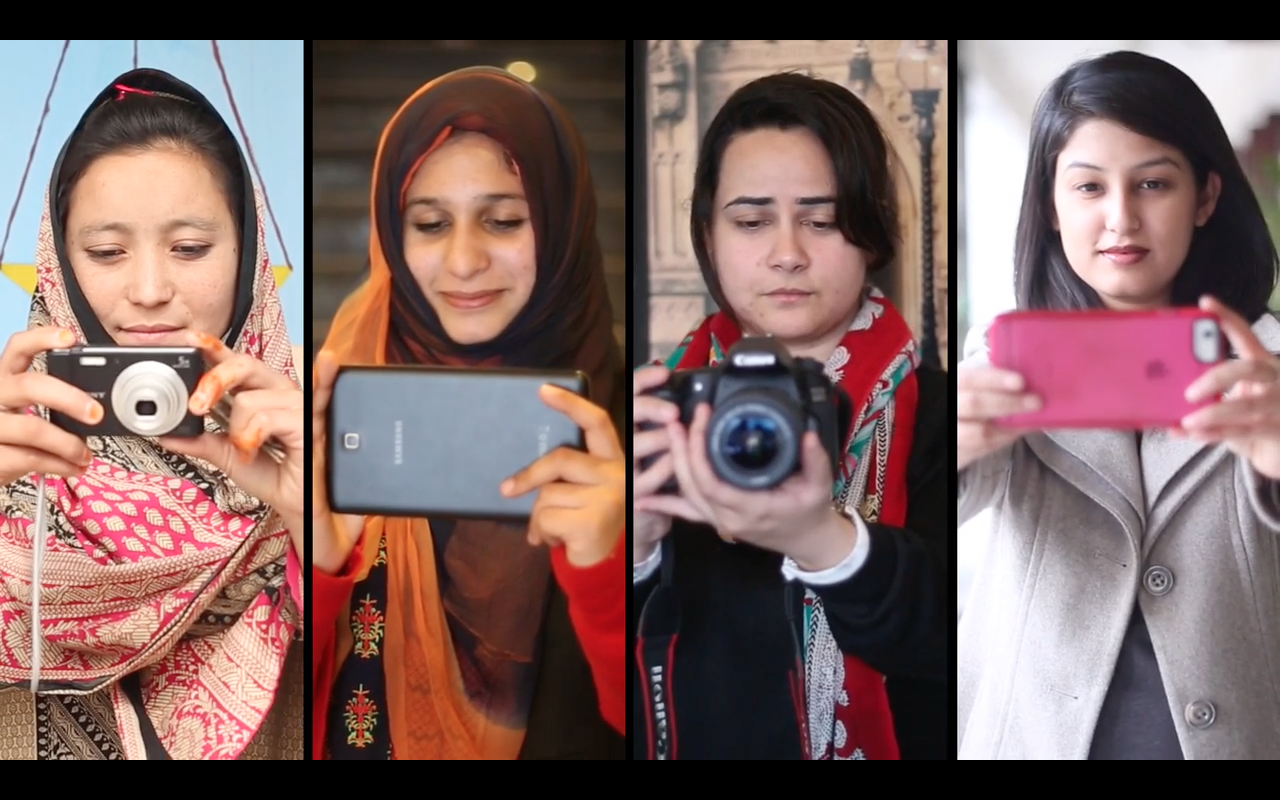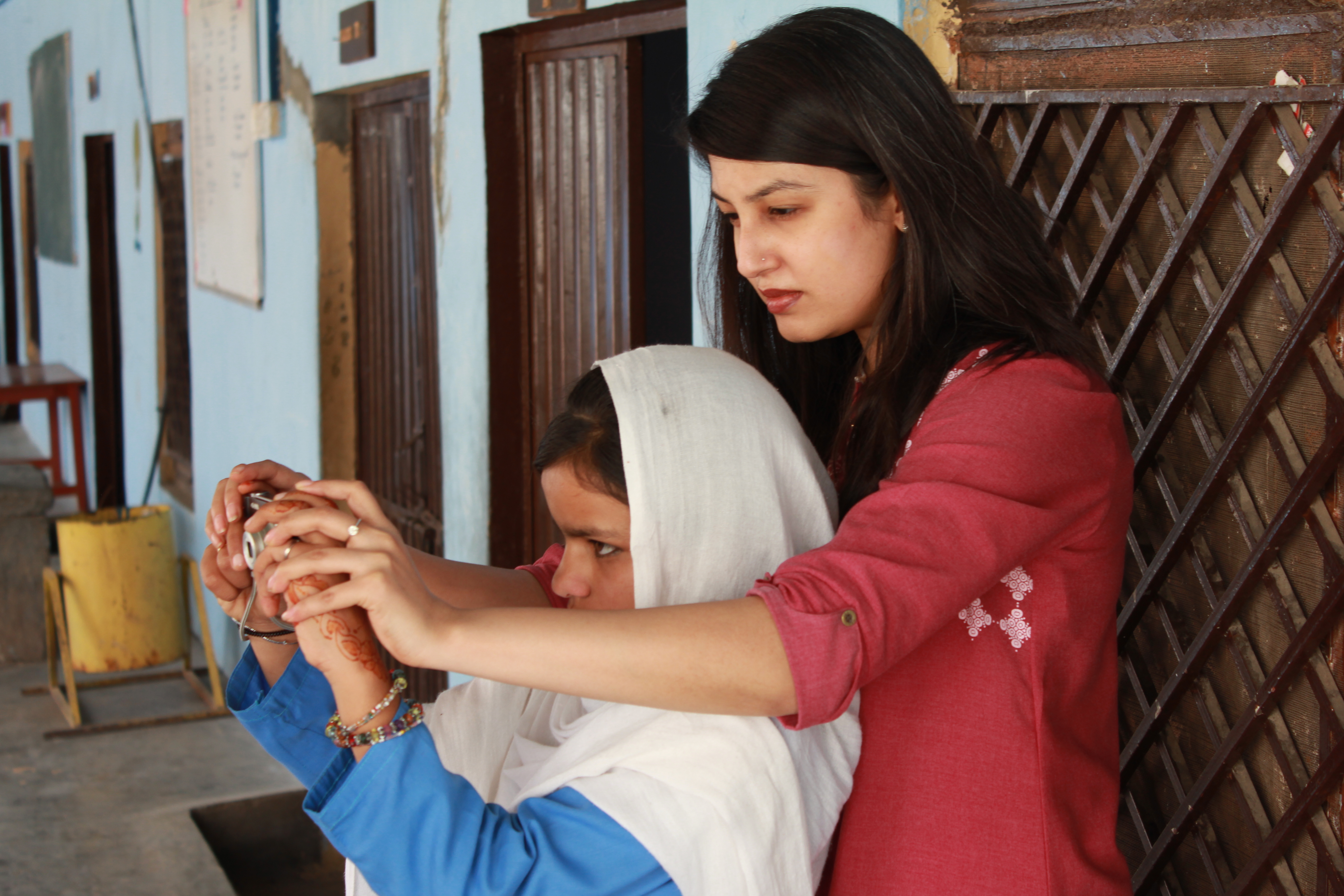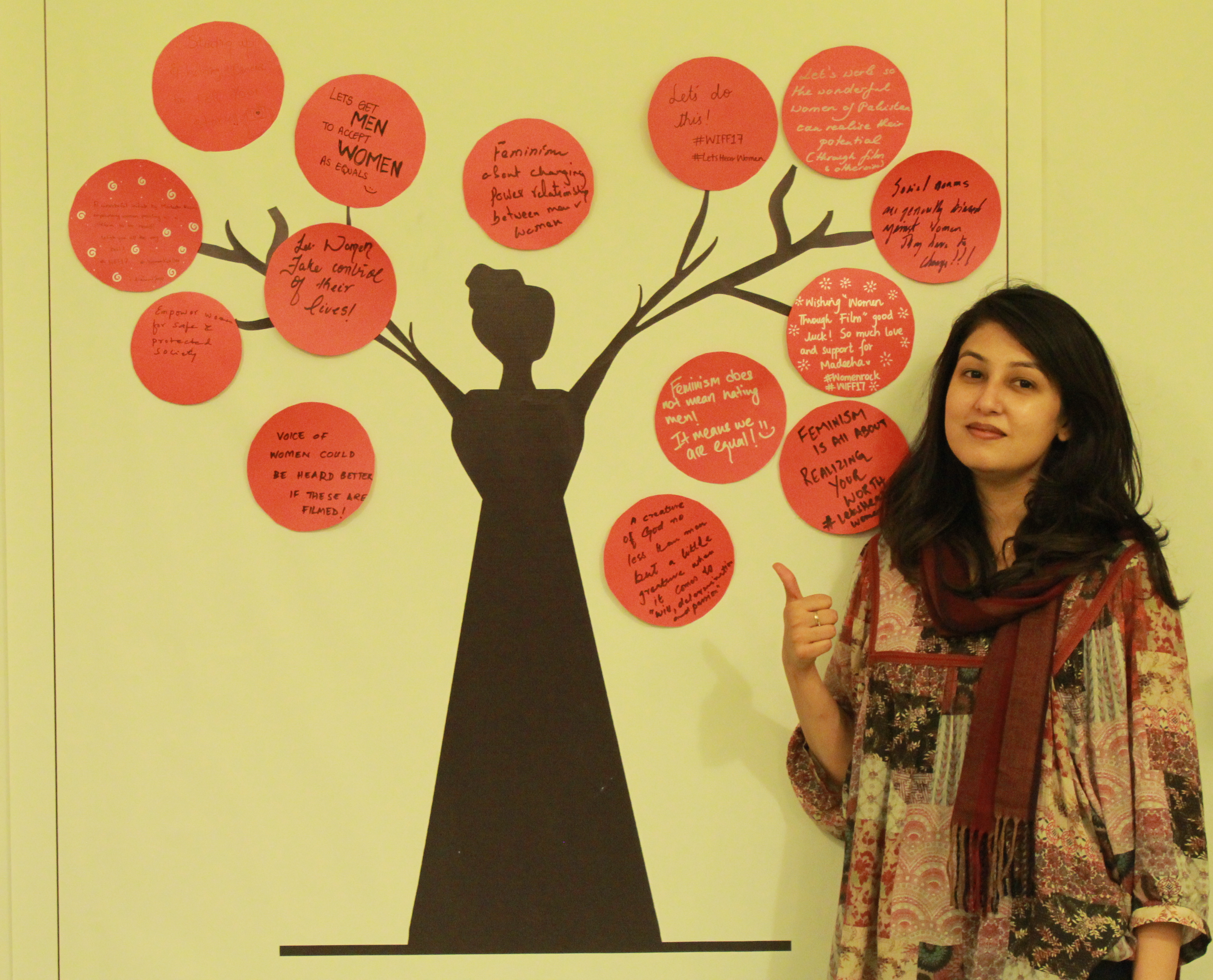Varda Nisar interviews Madeeha Raza, the face behind the Women International Film Festival.
It is becoming more and more common to find a female face behind social endeavours and Madeeha Raza is just one of those faces. She has recently launched the Women International Film Festival in Islamabad — the first of its kind in Pakistan. I sat down with Madeeha to understand her own journey as well as the justification for having yet another festival in the film world.Â
Tell us how it all began, your journey into the film world?
I don’t think I can put my finger at a point and say this is from where it all started, but I remember I was checking out different program options I could do my bachelors’ degree in back in 2006, and [I] came across Media and Filmmaking, which caused a real stir for me. I wanted to apply to this program right away, except it was being offered in Karachi, and not in Islamabad where I lived. Being a 17 year old then, there was no way I was allowed to live in Karachi for four years for this program. So, I ended up doing a BBA (Bachelor of Business Administration), and my dream of studying filmmaking died away. I took a filmmaking workshop in 2010, and then went to Lahore to pursue my 2-year masters’ degree in filmmaking. That made all the difference in my life. I had the right skills set, I was emotionally charged, and wanted to make a difference using film as my tool. To begin with, I assisted on a few film projects, and then joined a film production company called Morango Films. Here, I got the chance to work on some very exciting and impact-creating film projects, and learned practically what it is to bring social change through film. However, noticing a huge gender gap, yet applying the acquired inspiration from the projects I had worked on, I decided to start a movement that encouraged and facilitated young girls and women to use film to raise awareness and bring social change. I call it Women Through Film today.
What sort of stories have you told through Women Through Film. Can you share with us some of the impactful stories that you covered?
I’m not sure if I can describe the “impact” of my stories yet, but I can tell you the impact created of some of storytelling and citizen journalism workshops, and how they have sensitised young girls and made them aware of their right to raise their voice on issues that concern them, as well as [giving them] the means and tools they can use to do that. From the problems in their schools of, say “no water in the toilets” to “elder sister getting married before being given the chance to finish studies”, girls were able to raise their voices on manifold problems they have faced in their lives. THIS is the main change that I’m trying to bring [with] Women Through Film. However, the real and more tangible impact creation of such exercises is a slow process, and in particular, the impact of such stories reaching the intended audience is excruciatingly slow.
The stories I have told, and am about to tell, so far, consist of a few female role models, eg. we have a girl who is the football captain of a team in Islamabad and plays her sport in sports shorts. She has a powerful story of breaking barriers, and redefining female roles. There is a story of a bass player/singer (who was also part of the all-girl band in Nescafe Basement, recently acclaimed for the famous cover “Love me Again”) — and her story highlights how important self-confidence is for a girl, and how the family can play the most crucial role in the girl’s desire and ability to pursue what she wants to in life.
And do you think that these stories have created a real difference? How?
Again, I’m unable to tell you if my stories have stirred any major difference, since that’s a long process. Yes, it has led people to talk about the importance of film and how womens’ stories should be highlighted via film, but let me also stress that I have very recently widened the scope of Women Through Film, in that it will not only highlight stories about women, but will encourage young girls and women to tell whatever stories they want to tell. The project is not more about the produced stories, but empowering girls and women to be able to tell their stories in a meaningful way.
There is a general perception that film and the television world isn’t fit for the “weaker gender”. How do you address such a view?
I think that unless the “weaker gender” starts to assume different and more powerful identity roles and career choices for itself, the world will never see it differently. Women must break barriers and shift paradigms by doing things that are out of the ordinary, in order to make those things and practices a norm. We have role models, including an oscar winner, now who have already broken this general perception, and in my view, this gives all the more encouragement and confidence for young girls and women to use the power of film for raising awareness and bringing social change.
This year at the Oscars, Chris Rock made an observation that it is ridiculous to have two separate categories for best actor and actresses since it didn’t require any physical strength that can be an advantage to the opposite sex. What are your views about this statement?
While Chris Rock must have his reasons for saying this, I’d like to disagree. Already, we don’t get enough female directors winning in the Best Director’s category at such awards, since males outnumber females and obviously the competition gets tougher, so if we restrict to just one category for Best Actor/Actress as well, I don’t think that’s fair for several reasons, no matter how inherently sexist this may sound. It’s not really about physical strength because the two genders are not playing tennis here, and are both only acting, yes, but the gender gap between the number of male and female leads in big films is staggering. It’s not 2:1 or 4:1. Male actors outnumber female actors by 8:1 (Source: Centre for the Study of Women in Television and Film at San Diego State University). So in a world with only one Best Actor category open to both genders, men would win eight years out of every 10. It’s just this huge gap that exists in this industry, be it Hollywood or here in Pakistan, which needs to be filled.
In the light of the above question, do you think a separate film festival for women is a need?
So having said that, yes, a separate film festival for women is needed; it is in no way sexist, nor implies that women are inferior artistes. Just like many other industries, the film industry is also dominated by males, and owing to the lack of female voice, a film festival designed solely for women is going to combat this hindrance and fill the gap. The Women International Film Festival (WIFF) that Women Through Film has recently launched, aims at providing a consortium for female filmmakers from around the world to join hands and be inspired by each other. I believe it will allow young girls and women from the neglected segments of our society in particular to come forward, gain confidence, and share their work.
When will we be seeing the festival?
The festival is scheduled for the second week of March in 2017.









